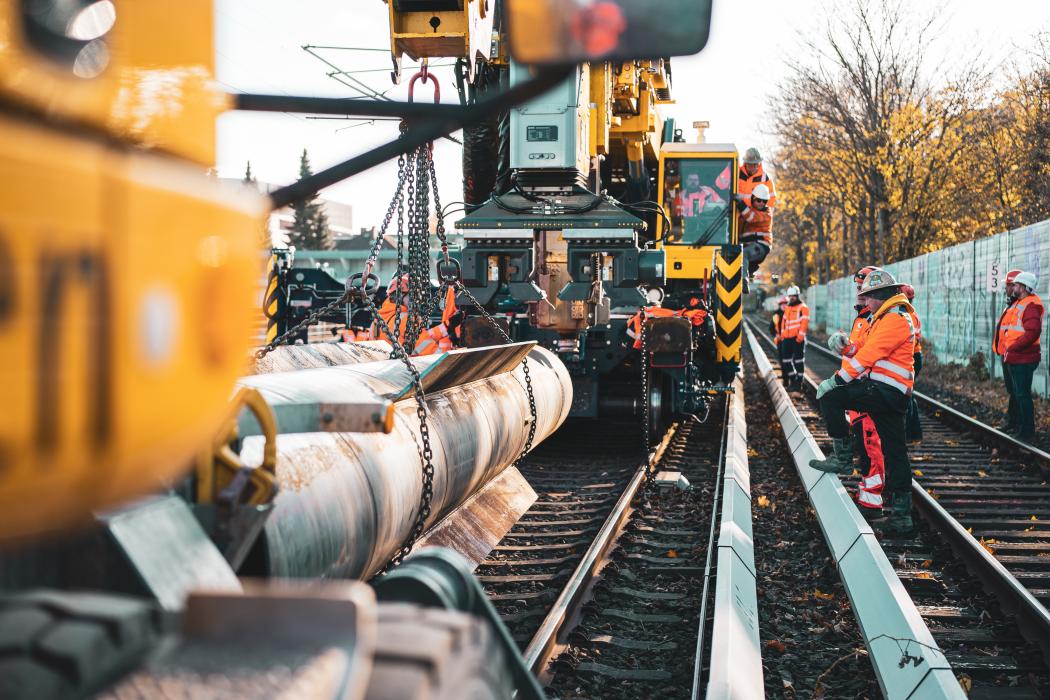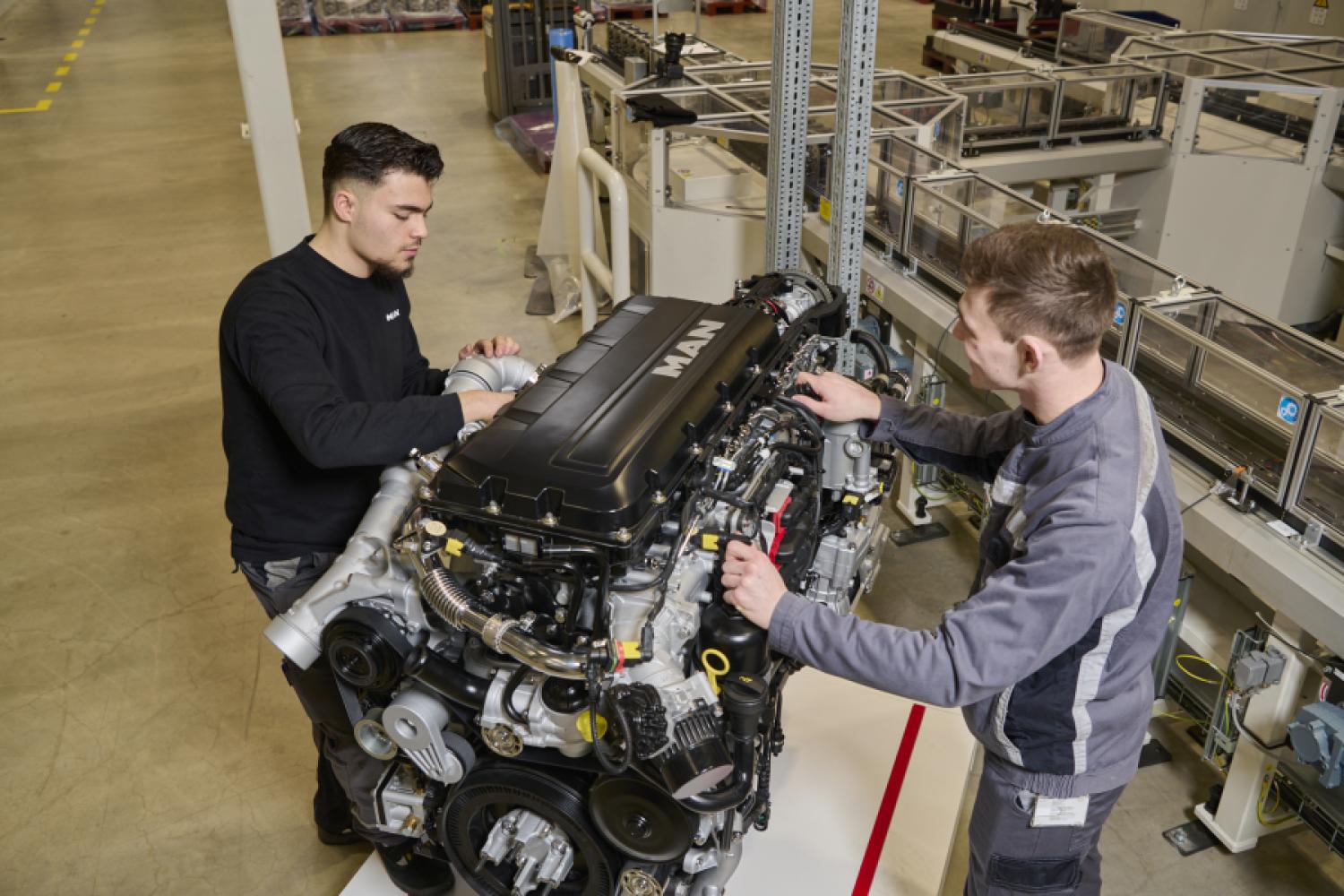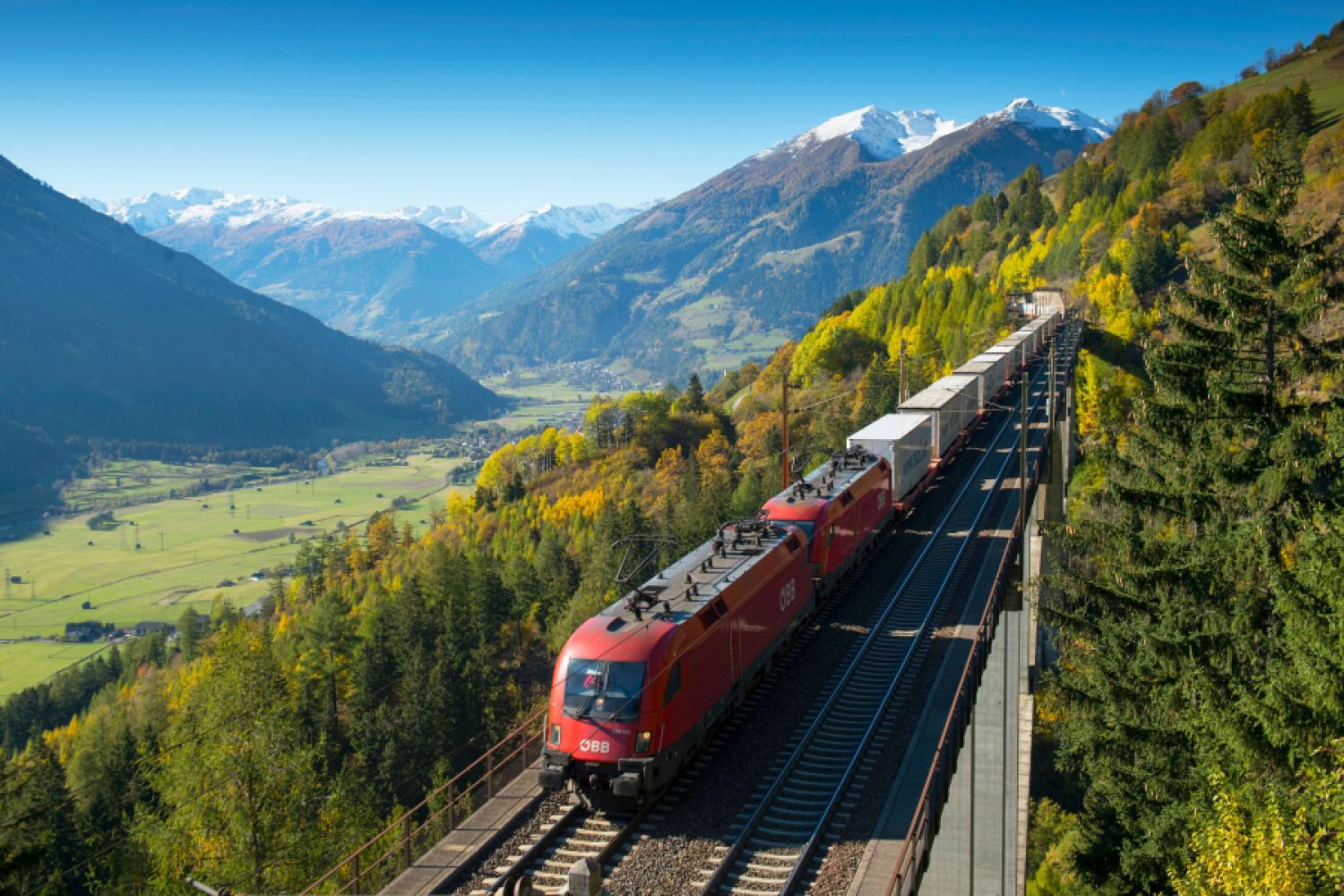The advocacy group Die Güterbahnen has urgently appealed to the federal government and parliament in a recent press release to put the announced rail structure reform on track before the summer break. The background is the "fundamental rail reform" agreed upon in the coalition agreement of the Union and SPD. The association sees the current hesitancy of the government as a risk for the entire transport infrastructure – also for companies in road freight transport.
"We expect the federal government to take on the role of an active owner of DB in this legislative period – with clear goals, strategic management, and determination," said Peter Westenberger, managing director of Güterbahnen, at a press conference.
In his assessment, he criticized what he
sees as inadequate management of the state-owned company by politicians. The rail reform initiated in 1994 remains unfinished, and the new infrastructure division DB InfraGO has so far not brought visible improvements.
For companies in road freight transport, the measures now being demanded could lead to changed conditions in the long term. Should the competitive conditions between rail and road be readjusted, this would also be relevant for the market strategies and investment decisions of truck fleet operators. Greater transparency and efficiency in the use of public funds for rail infrastructure could also indirectly lead to a reallocation of state funds between the modes of transport.
Die Güterbahnen is calling for concrete reform steps in the short term. From their perspective,
this includes appointing an external, internationally experienced person to the head of the DB InfraGO supervisory board and making the political decision to separate the infrastructure department from the DB group board. The control and profit transfer agreement between DB and InfraGO should also be terminated from the association's perspective to avoid conflicts of interest within the group.
In addition to these points, which can be implemented in the short term, the advocacy group also sees medium-term structural changes as necessary. For example, the federal railway assets (BEV), which have so far mainly been used for the supply of civil servants at DB, should be integrated into a new financing architecture. The association proposes to use the BEV in the future
for managing a rail infrastructure fund, as the coalition has already decided.
According to Westenberger, another reform component could be the creation of a new Federal Office for Rail Infrastructure (BASchi). Tasks from the Ministry of Transport, the Federal Railway Authority, and the Federal Network Agency could be combined there – across departments and with the aim of more effective management. The new infrastructure unit should be known as "Deutsche Schiene GmbH" in the future.
For transport companies in road freight, an important insight remains: The currently discussed measures for reorganizing rail infrastructure will also indirectly influence the role and scope for action of the road. Those investing in fleets, digitization, or combined transport today will need to closely observe political






